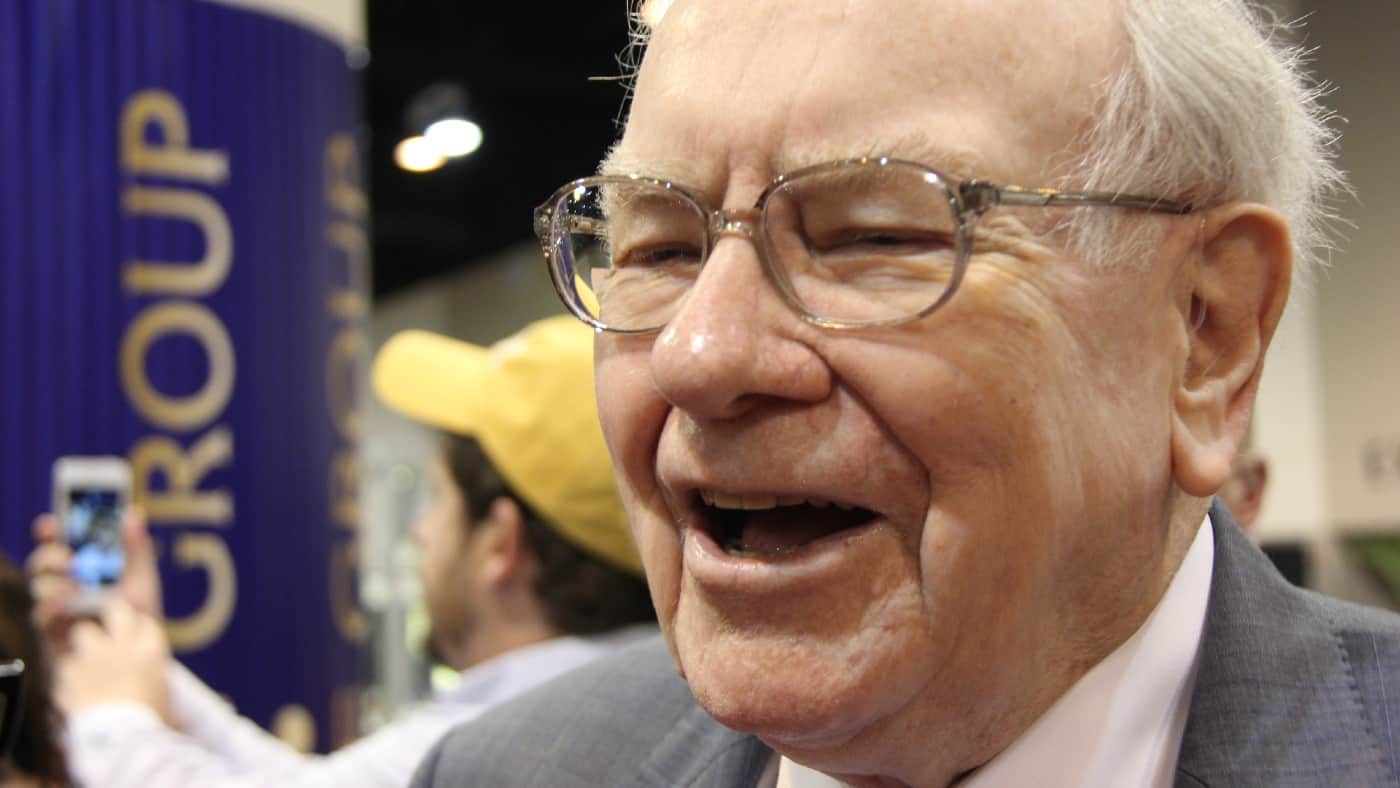Warren Buffett has become a multi-billionaire by snapping up the best stocks he can find and rarely selling them. That makes him pretty Foolish, in my opinion.
For UK-focused investors like me, there’s just one snag. As one might expect, the vast majority of Buffett’s wealth has been accumulated by owning US-listed companies. Think credit card colossus American Express, beverage behemoth Coca-Cola and tech titan Apple.
So, how might my portfolio look if I were charged with replicating the Sage of Omaha‘s strategy using just ‘home’ stocks? Here’s my take.
Magnificent moats
In a nutshell, Buffett looks for stocks that have a significant and sustainable competitive advantage over rivals. These ‘moat-like’ characteristics might be a brand or set of brands that are burned into society’s consciousness and shoppers will consistently buy. A near-monopoly in a particular market is another example, as is the ability to dissuade clients from switching to another service due to the effort and/or cost involved.
So, which FTSE stocks might make it into my Buffett-inspired portfolio based on these criteria?
Here’s what I’d buy
If I were looking for economic moats, stocks like Diageo and Unilever would easily make the grade. Neither is cheap in the conventional sense. However, both boast a bunch of brilliant brands that people regularly pay up for, even in inflationary times. Out of interest, Warren Buffett held the former until the mid-1990s. The latter was also targeted by the Buffett-backed Kraft Heinz back in 2017.
Given the Sage’s penchant for US banks, there’s probably room for a stock like Lloyds Bank. It’s arguably too cheap right now and has a huge presence in the UK mortgage market. National Grid might also fit the bill. Its power distribution network is not one that could be easily replicated. A consumable products supplier like Bunzl should also appeal thanks to its predictable earnings stream.
I’m no Warren Buffett
Of course, this is only my interpretation of the sort of stocks Warren Buffett would buy. The FTSE 100 also has less exposure to some sectors than its US equivalent, limiting my choice to some extent.
Another thing to understand is that blindly following another investor’s strategy guarantees nothing. Ultimately, all investors lose money at some point, including Buffett. An ill-fated investment in Tesco springs to mind. Out of interest, I actually think the UK supermarket would be a great addition to this portfolio now too. It still has a commanding market share, after all!
Another contributing factor to Warren Buffett’s incredible success is a most valuable resource. At 91-years-old, the master investor has reaped the benefits of compounding his money over a period of time that’s probably unrealistic for most mortals. He’s celebrated because he’s exceptional. Therefore, it’s vital to keep expectations on returns from my portfolio in check.
Look abroad
Clarifications aside, this exercise confirms what I’ve long suspected: the UK stock market contains a good number of companies that — at face value — might satisfy the criteria of the world’s greatest money maker.
This is not to say that I should stick to only owning FTSE 100 or even UK stocks. In fact, it’s probably a wise idea to have a least some of my capital invested across the pond. As Buffett has consistently shown, it’s never wise to bet against Uncle Sam.







